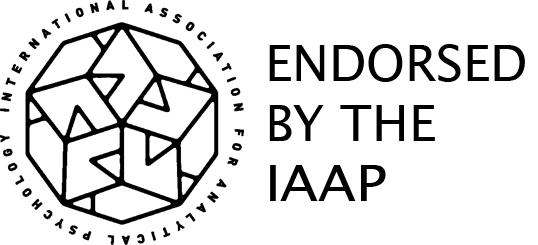21st century relationships require more understanding than ever before and present a unique set of expectations when it comes to equality, authenticity, reciprocity, and accurate witnessing. All adults who are in equal relationships—spouses, partners, siblings, grown children and parents, friends, co-workers—want to be seen and heard accurately, instead of being misperceived, due to bias, indifference, or stereotypes.
Many people avoid conflicts because they have the potential to be painful, unrewarding, emotionally threatening, and potentially dangerous. However, to reach successful decisions and negotiations, it is essential to engage in effective and respectful conflict. In close relationships, an inability to effectively handle conflict or an avoidance of conflict can lead to a breakdown in trust.
Building and maintaining trust in a mutually respectful and equal relationship requires more than just “better communication” or secure attachment, which are commonly the focus of couple counseling. Developing the capacity to be mindful, insightful, and self-reflective, even in the midst of emotional activation (triggering) is key.
When parties involved in conflict are of equal standing and respectfully engage with one another, it can promote the restoration of trust. Furthermore, when this occurs between intimate partners or between parents and adult children, it can lead to the further deepening of the love between them.
Dialogue Therapy is a time-limited short-term structured couple therapy that draws on psychoanalysis, mindfulness, and techniques of psychodrama to address the complexity of 21st century relationships.
Dialogue Therapy is designed to transform emotional entanglement (projective identification), active and passive aggression, and hostile by-products of unconscious desires and needs into increased differentiation, accurate witnessing, greater trust, and improved intimacy.
The method focuses on deepening the emotional differentiation between two people to prevent or stop dehumanization. Dialogue Therapy also teaches partners the skills of Real Dialogue (Speaking for Yourself, Listening Mindfully, and Remaining Curious) for accurate witnessing.
Foundational Training in Dialogue Therapy and Real Dialogue provides participants with a comprehensive approach to working with couples and other adult pairs through a structured method that integrates empirically supported principles of therapeutic change (Castonquay & Beutler, 2006) and specific techniques derived from relational psychoanalysis, couple therapy, mindfulness-based therapy, and psychodrama (Ringstrom, 2014; Shedler, 2010, Siegel, 2015, Young-Eisendrath, 1993; Young-Eisendrath, 2019, Pieniadz & Young-Eisendrath, 2022). This integrative treatment approach is grounded in research and scholarship, mindfulness-based practices (e.g. Davis & Hayes, 2011; Larent, Hertz, Nelson & Larent, 2016), and psychodrama (Jennings & Holmwood, 2016). Real Dialogue, the skill taught to partners in Dialogue Therapy, integrates current research on implicit bias (Banaji & Greenwald, 2016). All aspects of Dialogue Therapy and Real Dialogue have a significant evidence base.
Real Dialogue is a unique co-facilitated method designed to assist with “difficult conversations” that occur in any life situation in which emotionally activated parties need to move through conflict and negotiation to make decisions together. Organizational teams and pairs can benefit from using Real Dialogue to increase emotional space, engage in transformative conflict, and enhance their skills for optimal team performance and engagement. Real Dialogue aims to reduce, and transform dehumanizing behaviors during conflicts. It is used by mediators, life coaches, leaders, educators, pastors, and those who specialize in Restorative Practices.
These three sessions of foundational training, taken together, are approved to offer 78 CEs for mental health professionals – or 26 CEs per session. Applicants are encouraged to enroll for the entire training; CE certificates will be presented at the conclusion of the third sessions. To become a certified Dialogue Therapist or receive a certificate of completion as a Real Dialogue Specialist, a participant must complete all of the training and other requirements (such as supervision/consultation).
Trainings in Dialogue Therapy and Real Dialogue will be separate for parts of the sessions, allowing for different skills and knowledge to be developed. In both groups, live demonstrations, as well as videotaped sessions, are used in training.
Early bird Registration Deadline:
Register before February 28th and save $250!


